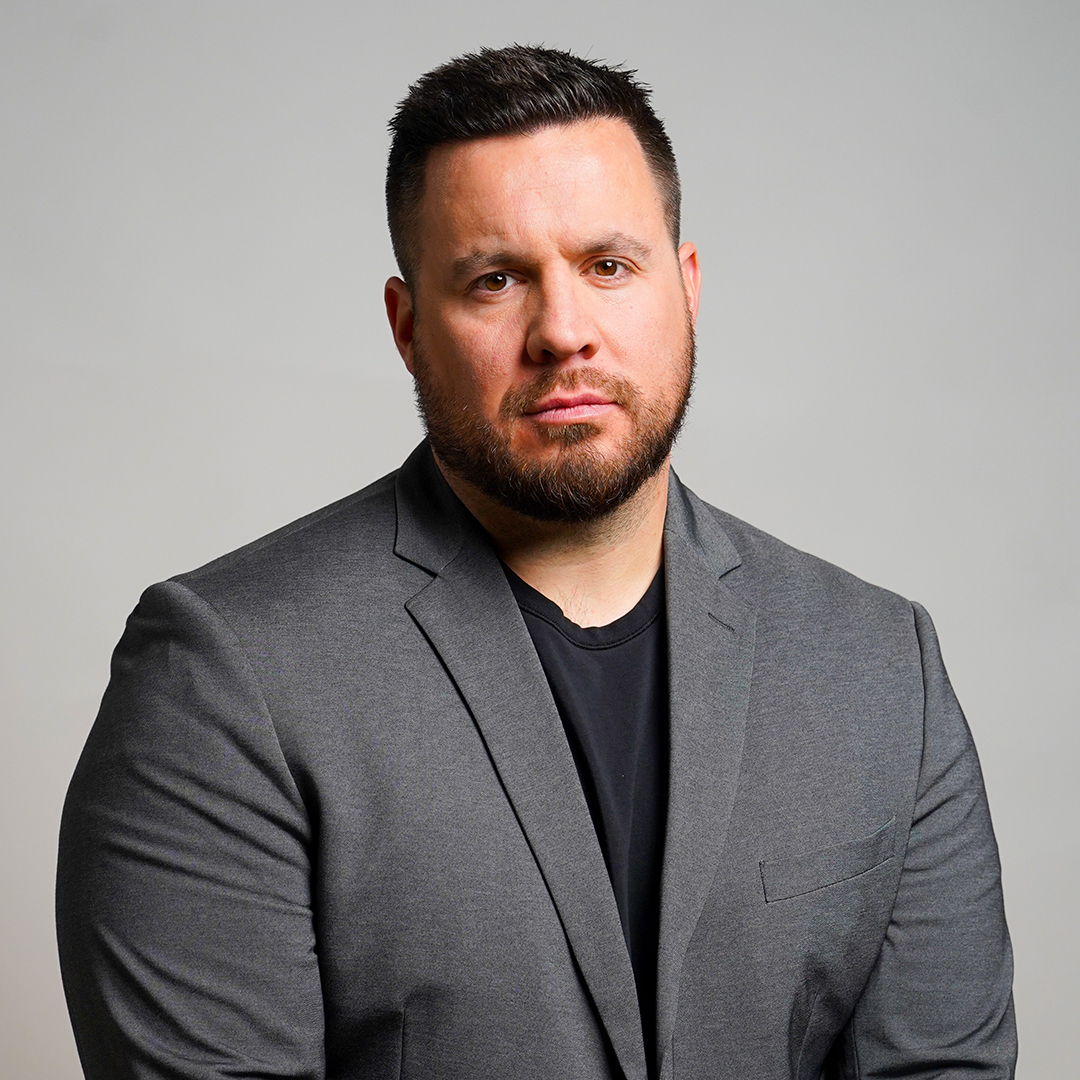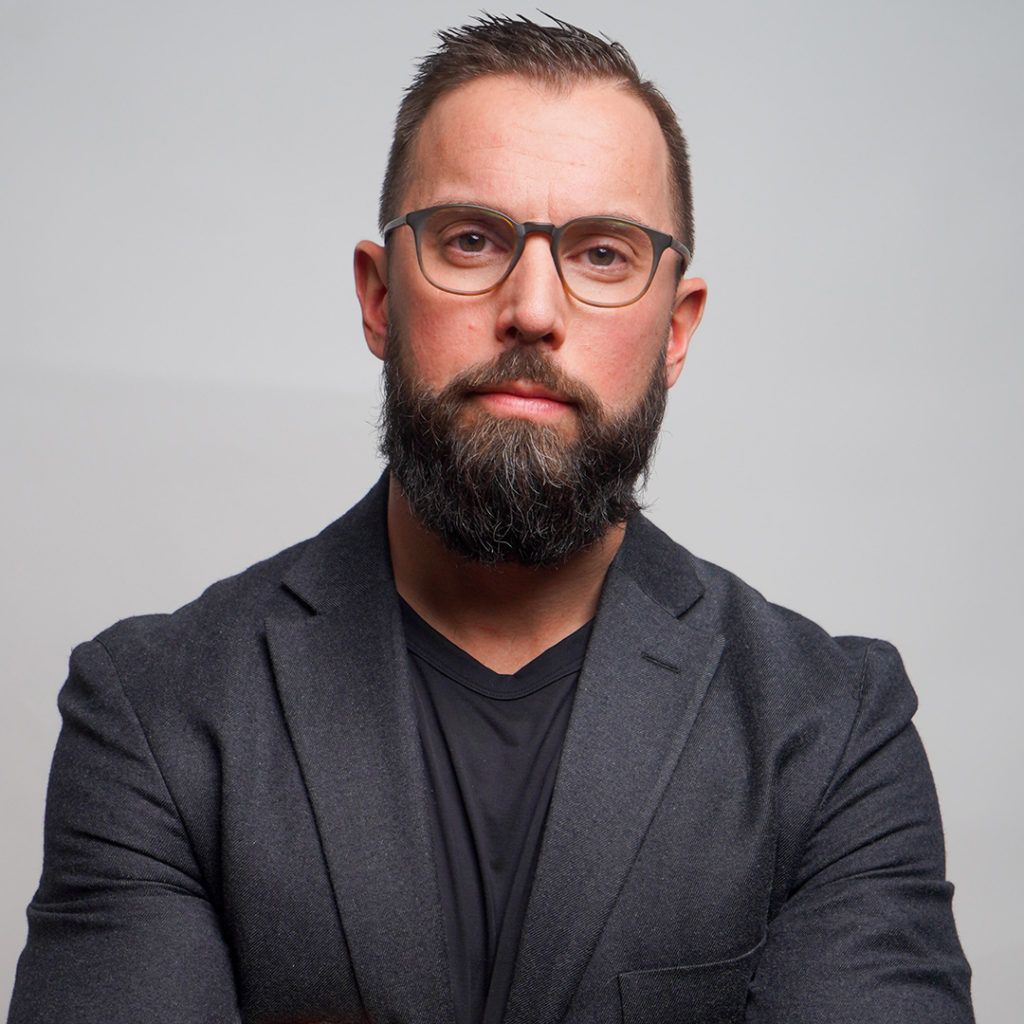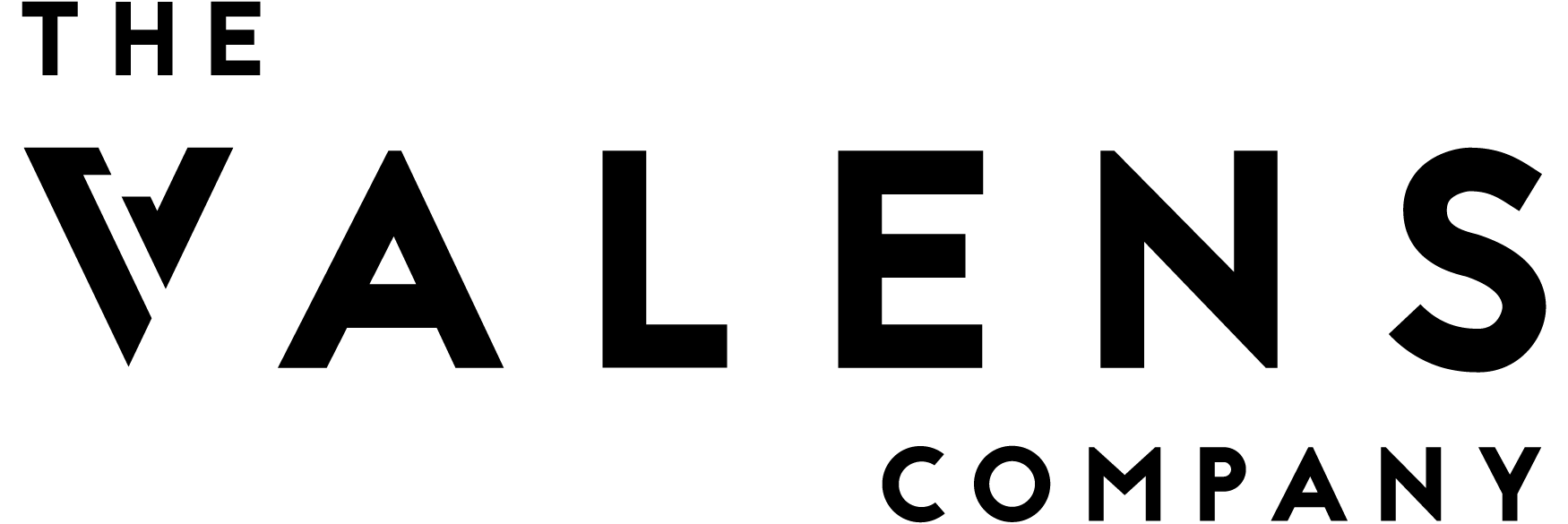Cannabis 2022: Why Brands Really Do Matter

In the early days of legal cannabis, industry wisdom had it that brands didn’t matter. Consumers were focused on price, as they had been before legalization. Early products didn’t deliver a consistent experience that consumers could reliably go back for, and strict regulations around marketing made brand-building all but impossible.
Why, then, is Kelowna-based The Valens Company, the largest manufacturing company in the cannabis space in Canada, suddenly launching new brands?
We talked to company CEO, co-founder and chair Tyler Robson and Chief Commercial Officer Adam Shea to find out why brands matter more now than ever before in today’s cannabis industry.

You recently launched new cannabis brands into the Canadian marketplace. How did this shift from B2B to B2C happen?
Robson: Valens has been focused on being the top extraction and co-manufacturing partner in the industry, catering to the biggest, most progressive, and highest quality brands in the Cannabis 2.0 space (extract-based products).
Now, we are at the beginning of a very intentional, strategic multi-step plan to grow the Valens brands into one of the top portfolios within the adult recreation market. We’ve been a trusted partner of other licensed producers for years and that will continue. But we’re broadening what we’re doing and that includes building a house of brands.
Why is this transition important to Valens now?
Robson: One reason is that occupying two parts of the value chain (co-manufacturing and retail) allows us to capture bigger margins and show off our innovations to lead market share growth and greater returns for shareholders than if we remained a dedicated co-manufacturer and extraction specialist. It’s also a natural progression for our company given our deep expertise and investments in manufacturing and product development.
With the launch of our new brands, Valens is going to be extraordinarily disruptive this year and onward when it comes to the brand portfolio, in Canada, the U.S. and globally.
Can you talk about the brands you just launched?
Shea: We’re really looking forward to what’s coming up this year. Valens’ brand house now consists of four big brands in Canada. First is Versus, a value brand that is going to be a challenger to what I would call “lazy brands” that are comfortable offering value on price. Versus has a full spectrum of products, from pre-rolls to flower to vape to a great new line of beverages available now in Ontario. It’s very high-quality, offers a consistent experience and is at an accessible price point.
Robson: We also acquired Citizen Stash, a premium flower brand known to a lot of cannabis users in Canada, and launched Contraband, for a real premium experience. Cannabis and urban music and culture have always been closely intertwined. I am a huge fan of that culture, and we wanted to pay homage to the long legacy left by the original cannabis cultivators and disruptors who created the conditions that led to today’s legal market. That is the origin and brand identity of Contraband – a product that was once illegal is now legal and still a catalyst for great music, art and fashion.
What about the edibles market?
Shea: Our fourth consumer brand is Vacay, focused solely on edibles, which is an area of huge potential. We are preparing a slew of new products to take our Vacay edibles to new levels of performance, so you’ll be hearing more about that soon.
These are Canadian launches; what about the U.S. and global markets?
Robson: We are fortunate to have one of the best global CBD brands with Green Roads, which recently underwent a rebranding and launch of the “Own the Day” campaign, simplifying its position as a portfolio of products aimed at helping people achieve their personal health and wellness objectives. Green Roads has a strong retail presence in legalized states like Florida and has a really robust e-commerce platform.
How important is brand differentiation?
Shea: Differentiation is critical in cannabis, because of how many brands there are and how restricted we are in telling brand stories due to regulations in Canada. Each brand has to have a story and a purpose that is very easy to understand—almost in one glance at the pack. Differentiation is also important now that so much purchasing happens online. In that case, consumers are doing their own research and don’t have a budtender to guide them.
So, it sounds like brands matter.
Robson: Every product category has a different level of brand affinity depending on what consumers are buying. But there’s no question that brands now play a very important role in cannabis. Consumers have become more discerning, especially if they are using cannabis for health reasons like pain control or sleep. They want a consistent experience every time they use a product. In creating consistent quality products, as we do, we build trust. Consumers know they will have the same experience every time. That is invaluable. The companies that are going to succeed are those that build identities that resonate with consumers while fulfilling their needs.
